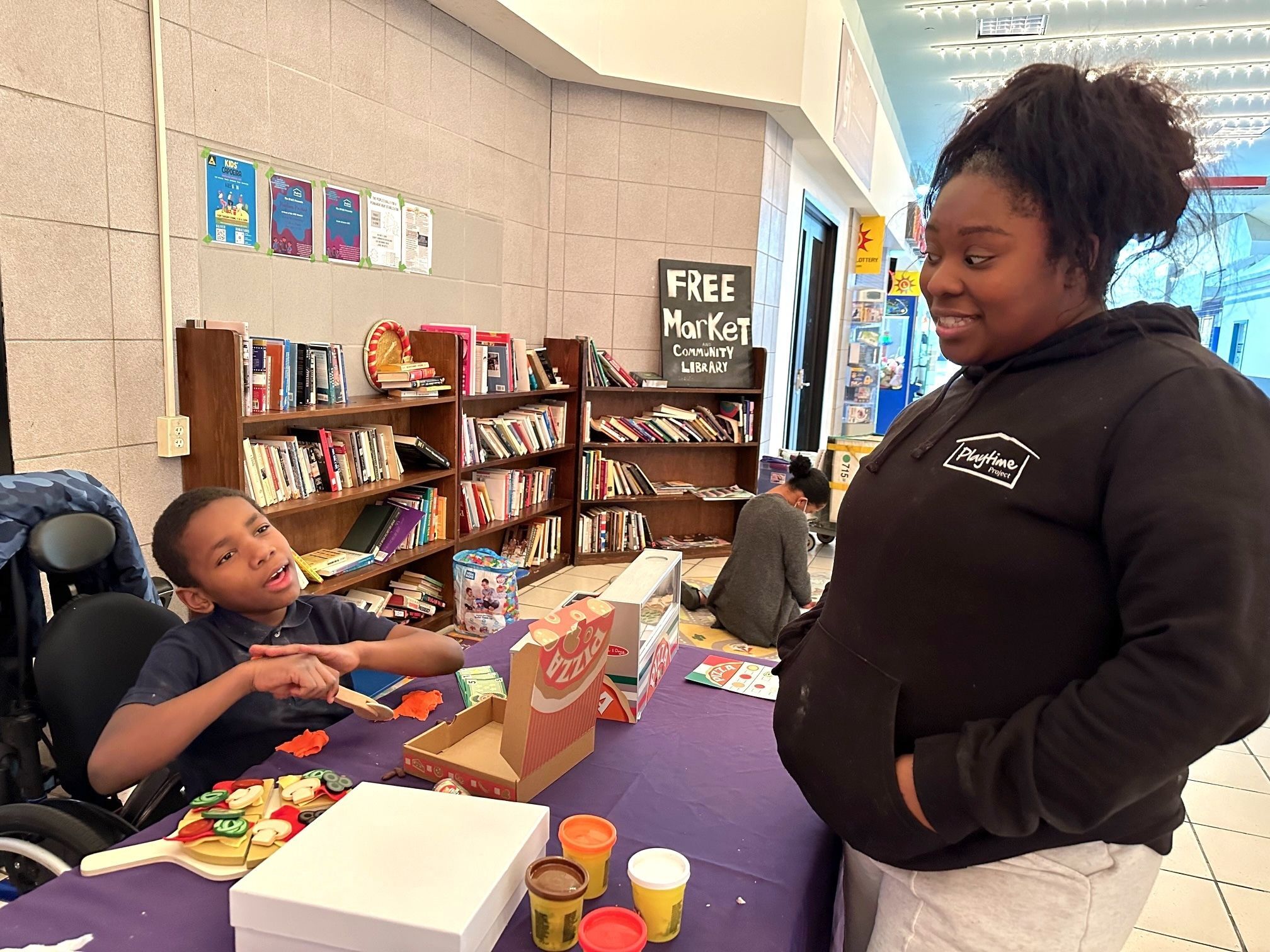Dr. Cynthia Greer

Dr. Greer is Associate Professor in the Counseling Mental Health program, a CACREP accredited program in the School of Nursing and Health Promotion at Trinity Washington University. Dr. Greer co-designed the School Counseling/Urban Student track for candidates who are interested in working with youth in agency settings. She has also served as the lead faculty member for the M.Ed. program in Curriculum and Instruction with a specialization in Educating for Change, a social justice program that Dr. Greer was instrumental in helping to restructure.
Currently, she serves as the Lead Faculty member for the research team on the Trinity Initiative on Adverse Childhood Experiences (ACEs) and Trauma. One of the major goals of this initiative is to ensure that candidates in the counseling programs are ACEs and Trauma-Informed and Responsive, and form community partnerships to develop counseling and educational strategies to prevent and heal childhood trauma. One of the major partnerships formed was with the Center for Community Resilience/Building Community Resilience (CCR/BCR) program of the Milken Institute School Public Health/George Washington University.
Her expressive arts interventions that were developed to support self-esteem among middle school girls were published in the edited book Expressive Arts Interventions for School Counselors and her career interventions have been published in Career Counseling Interventions: Practice with Diverse Clients. Dr. Greer ‘s personal essays that speak to her own childhood adversities were chosen for publication in Little Patuxent Review, and one of the essays was chosen as a “notable” in America’s Best Essays in 2014. Another essay, in 2017, was nominated for the PUSHCART Award, a highly acclaimed national literary award.
Dr. Greer earned her PhD from Florida State University in Higher Education Administration/Educational Leadership and a Master of Education in Counseling from the University of Arkansas. Dr. Greer’s research interests are: Adverse Childhood Experiences (ACEs) and trauma, Post-Traumatic Growth, Indigenous healing practices, the Expressive Arts, and in progressive education reform in support of public schools, and meeting the mental health needs of underserved populations, specifically, culturally and linguistically diverse populations.

